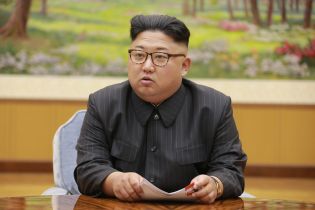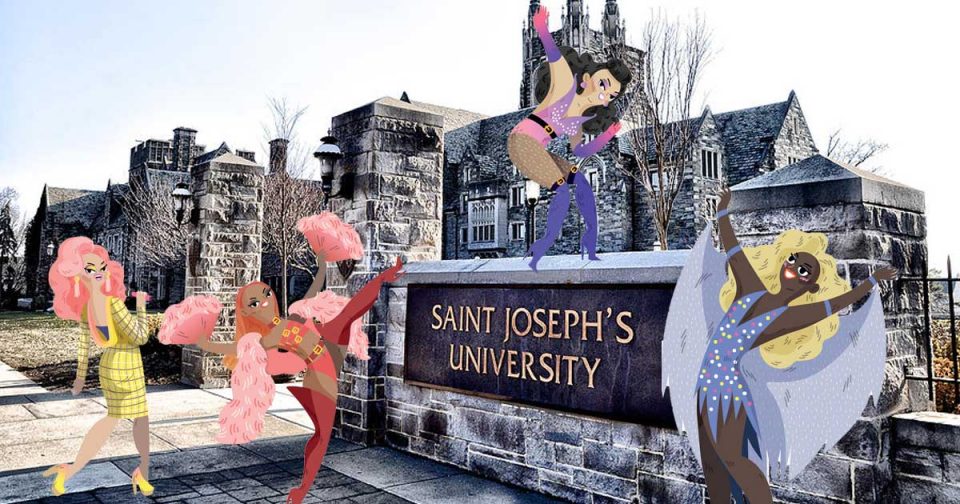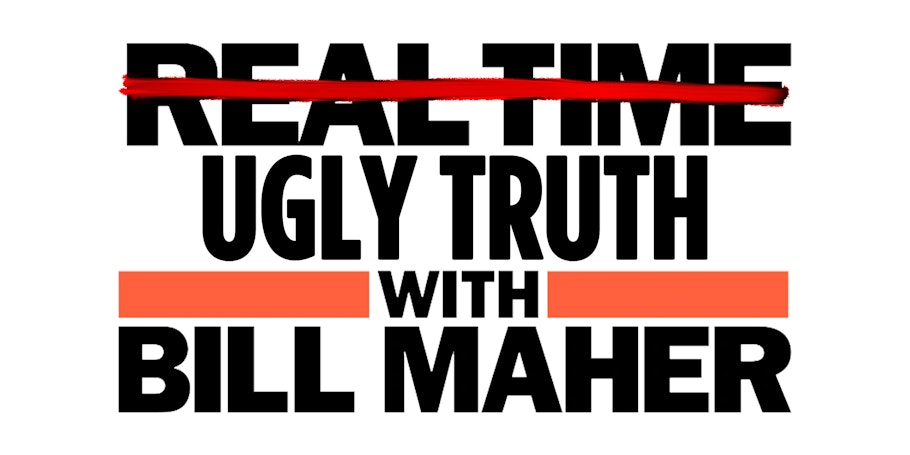A Role for Government that Nobody Thinks About
September 5, 2017Catholic England on the Eve of Destruction by the English Reformation
September 5, 2017
PHOTO: Kim Jong-un addresses the central committee of his ruling party on September 3, 2017, the day North Korea carried out its sixth nuclear test. (Photo: Uriminzokkiri)
(CNSNews.com) – Kim Jong-un is “begging for war,” U.S. Ambassador to the U.N. Nikki Haley told the U.N. Security Council on Monday, urging it to adopt the “strongest possible” measures against North Korea, because “only the strongest sanctions will enable us to resolve this problem through diplomacy.”
Speaking at an emergency council session called in response to Pyongyang’s weekend nuclear test, Haley said the U.S. does not want war, “but our country’s patience is not unlimited.”
She began her statement by recounting the history of 24 years of North Korean provocations including nuclear tests and missile launches, Security Council resolutions adopted in response, and failed diplomatic initiatives including short-lived deals reached during the “six-party talks ” established during the Bush administration and again during the Obama administration .
“Despite our efforts over the past 24 years the North Korean nuclear program is more advanced and more dangerous than ever.”
“Enough is enough,” she told council members. “We have taken an incremental approach and despite the best of intentions, it has not worked.”
“Only the strongest sanctions will enable us to resolve this problem through diplomacy,” she said. “We have kicked the can down the road long enough. There’s no more road left.”
The U.S. aims to draft a new sanctions resolution in the coming days, with hopes for a vote next Monday.
‘More than five times more powerful’ than Hiroshima bomb
The meeting – the second emergency session on North Korea in less than a week – came amid reports from Seoul that the North may be preparing to carry out a new intercontinental ballistic missile (ICBM) test, following its first two in July.
The regime claims the nuclear device tested on Sunday was a hydrogen bomb capable of being fitted atop a ballistic missile.
U.N. undersecretary-general for political affairs at the Jeffrey Feltman told the Security Council it was evident the yield of the weekend blast was bigger than any recorded in North Korea’s five previous nuclear tests conducted since 2006.
“Experts have estimated a yield of between 50 and 100 kilotons, or on average, more than five times more powerful than the weapon detonated over Hiroshima [in 1945] and at the low end of the yield for a modern thermo-nuclear weapon,” he said.
Haley said Kim wants his country to be acknowledged as a nuclear power, “but being a nuclear power is not about using those terrible weapons to threaten others. Nuclear powers understand their responsibilities. Kim Jong-un shows no such understanding.”
“His abusive use of missiles and his nuclear threats show that he’s begging for war,” she continued. “War is never something the United States wants. We don’t want it now. But our country’s patience is not unlimited.”
Pre-empting the Russian and Chinese objections to come, the ambassador also hit out at their so-called “freeze-for-freeze” proposal, calling it “insulting.”
“When a rogue regime has a nuclear weapon and in ICBM pointed at you, you do not take steps to lower your guard,” she said. “No-one would do that. We certainly won’t.”
Moscow and Beijing say that in return for a freeze on North Korean missile launches, the U.S. should freeze “large-scale” military exercises with South Korea, with both steps paving the way for a resumption of talks on the denuclearization of the peninsula.
Speaking later in the meeting the representatives of China and Russia – as predicted by Haley – both called for a return to dialogue.
Chinese ambassador Liu Jieyi described the situation on the Korean peninsula as a “vicious cycle,” and said it must be resolved peacefully. “China will never allow chaos and war on the peninsula.”
Liu defended the freeze-for-freeze proposal as “practical and feasible,” arguing that it addresses the most pressing security concerns of the two sides.
Russian ambassador Vassily Nebenzia said there was no military solution to the standoff.
“There is an urgent need to maintain a cool head, to refrain from any action that could further escalate tensions,” he said.
Asked by reporters afterwards about Haley’s characterization of the freeze-for-freeze proposal as “insulting,” Nebenzia replied, “I was wondering really what is insulting about that? This is the only proposal for political way out of this situation which is on the table at the moment.”







